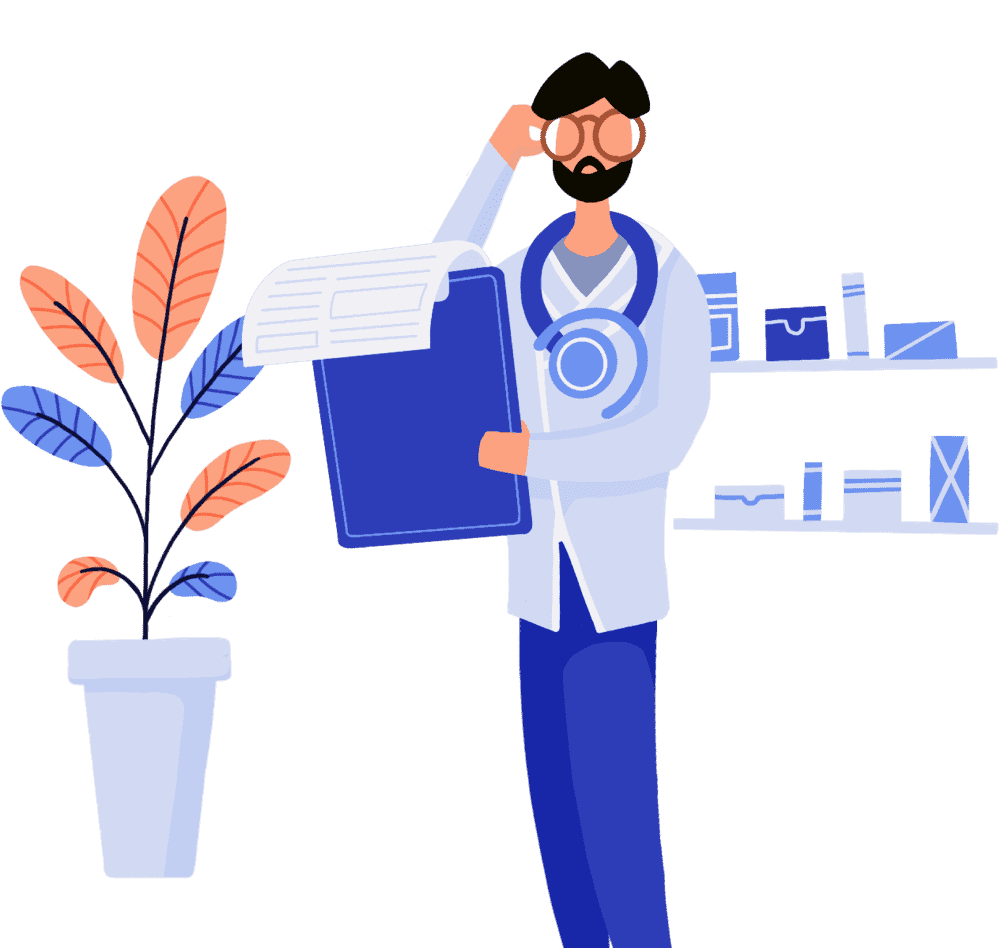Recharge your cells from within and enjoy 20% OFF NAD+ for a limited time only - shop now
- Home
- General Health
- Children & Babies Treatments
Children & Babies Treatments
Making sure your little ones are healthy and happy is every parent or guardian’s top priority but you often can’t avoid the various illnesses and ailments that affect them; coughs, colds, fevers, headaches, head lice and irritated skin, to name a few. Luckily, UK Meds are on hand to make sure that your children and babies are back to normal quickly, with our wide range of effective treatment options.
More Information
What are the most common health problems in babies?
Your immune system is the web of functions in your body that protects it from illness by fighting off viruses, bacteria and inflammation. When babies are born, their immune systems are naturally weak as they have not yet been exposed to the outside environment; our immune systems grow stronger by being exposed to bacteria and building antibodies to fight them off when they encounter them in the future.
Because babies have weak immune systems, this makes them more susceptible to getting ill than adults or older children. It also means that certain illnesses and ailments can affect babies more than they affect older people, even if the actual virus or bacteria is exactly the same. This makes babies susceptible to coughs, colds, fevers, and sickness bugs.
A common condition in babies is colic, which is when a baby cries for more than 3 hours a day, 3 days a week for at least 1 week. Babies with colic can be hard to soothe and they often clench their fists and become very red in the face. This usually occurs in the very early stages and babies over 6 months old very rarely get colic.
Skin conditions also affect a lot of babies, including nappy rash, cradle cap and eczema, a lot of which go away on their own as the baby develops, or are easily treatable with a variety of creams and lotions. Jaundice is another skin-related condition that a lot of babies get, which causes yellowing of the skin and eyes; again, this is extremely common and often goes away on its own.
What are the most common health problems in children?
Children may have stronger immune systems than babies, but theirs are still weaker than the average adult as they have yet to be exposed to the same number of viruses and bacteria. Because of this, you often find that children get ill more often than adults, picking up an average of 5-8 colds a year compared to an adult’s average of 4. Children also usually get sickness and diarrhoea bugs 2 or 3 times a year, again because their immune systems aren’t fully developed and often because they have sensitive tummies.
As well as the viruses and bacterial infections, you may also notice that children tend to pick up a variety of non-serious ailments. Head lice is particularly common among children, mainly because they tend to spend a lot of time with their heads in close proximity (something that doesn’t happen so much as you become an adult). This makes it easy for the lice to spread from person to person, often around whole classes or schools.
Another thing that affects children is skin complaints such as fungal infections, warts and verrucas. Again, this is because children spend a lot of time together through schools or play groups and tend to be more tactile than the average adult. Verrucas are often spread through time spent at communal swimming pools or in communal showers, and children tend to go to said places more than adults.
Which medical treatments are suitable for my child?
Medicines for Children / Baby Medicine
There are a number of reasons why you should make sure that you give your child medicines and treatments that are specifically tailored to them. The first one being as mentioned, that their immune systems are weaker. As well as making them more prone to picking up illnesses, this also means that children need smaller doses of medicine to make them feel better. Giving them a stronger dose intended for adults can cause side effects and even make them feel more unwell.
With most medications, you’ll find that diarrhoea and other stomach problems usually appear as a possible side effect. This is because all medicines contain chemicals which can irritate the stomach and mess with your normal digestive function. Because children often have sensitive tummies anyway, this side effect can be heightened if you give them medications intended for adults.
To work effectively, medicine doses are usually worked out based on your weight (very loosely). Because children are so much smaller than adults, they generally only need half the strength of a medication to get them feeling better. Another important factor in giving your child medicine is how easy it will be to get them to take it. Most children can’t swallow tablets or capsules, so child-friendly medicines are generally designed in syrup form. And because children tend to be picky about what they like and don’t like, will have and won’t have, these syrups are mostly flavoured with fruit and sugar to make your job as a parent much easier.
Medication delivered the next day from UK pharmacies



Choose the right treatment
From the comfort of your own home or out on the go, choose the treatment you require from our extensive range.
Complete an online consultation
A vital part of our process, your online consultation will be similar questions to that of a GP. Quick and easy, we guarantee privacy and confidentiality.
Delivered discreetly
One of over 100 of our partner regulated UK pharmacies will dispense and ship the treatment to you in discreet packaging.
Rated out of 5 on 
Great pharmacy. Quick service and lots of information and support.
Swift service
Been with ukmeds and always excellent service. Quick and easy.
No fuss. No double checks. Prompt service
Rated 4.6 out of 5 based on 6898 reviews
Here to help you
Our Customer Service is available Monday to Friday 9am - 5pm. If you need urgent assistance, do not use this service. Call 111, or in an emergency call 999. Visit our help section


